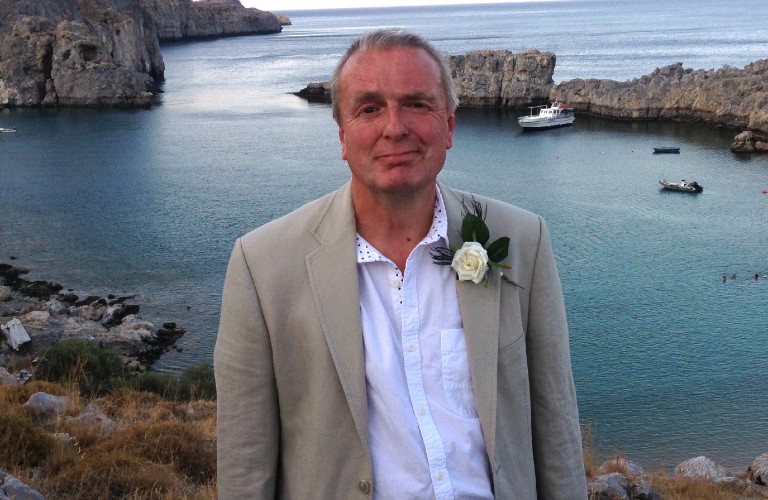You are here: Home / Martin Robertson
Member showcase: Martin Robertson
Over the Christmas holidays I relaxed, however my brain began to atrophy as I had no research or campaigning to do. My wife noticed this and mentioned it to me on New Years Day. The following morning, I woke up to find an email timed 2am which turned out to be from Singapore.
It was from a committee I am on dealing with the built environment and dementia. It was asking for volunteers to join a new committee alongside Dementia Alliance International and affiliated to the World Health Organisation to look at ways to help rebuild Ukraine in a dementia-inclusive way, concentrating on the built environment. I decided to join and after much discussion, we managed to meet at a mutually convenient time.


We were all tasked with finding literature regarding the built environment and dementia. Afterwards, I wrote to organisations I knew of to ask for information. Then a national charity came in with their resources and the idea really took off. They will try and source translators; another group know of a regular charity lorry trip to Ukraine so we can get resources over there free-of-charge. There is so much useful literature – we are intending to set up a website and share links to online sources as well as sending over translated information.
Pre-war, Ukraine had very few cities and dementia care outside of them was rare, and mainly based on the medical model. We have to be careful not to preach, but we want them to avoid the mistakes that we have made along the way. If I currently lived in Ukraine, I would be in a permanent catatonic state as I have posterior cortical atrophy and my senses would be overwhelmed. We don’t realise how lucky we are.
I was diagnosed seven years ago, aged 58, and told that within five years I would be in a care home. As it is, my IQ was tested in November 2022 and it is 120. My neurologist is totally bemused, but we both put it down to all the research and campaigning I do. He is actually learning from me, as all my other symptoms are a lot further down the line, so he can ask me questions that I should not be able to answer regarding my physical actions, emotions etc. He says I have a large cognitive reserve, so I intend to keep using it for as long as possible.
- Martin Robertson has written a booklet regarding working after a dementia diagnosis and is a passionate activist. He is keen to share the message with health professionals and the public that younger people should receive an earlier diagnosis.